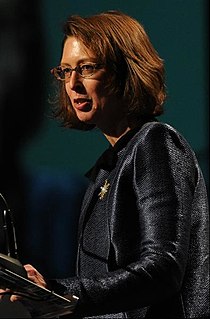A Quote by Tyler Winklevoss
Related Quotes
Complementary currencies work in addition to existing money, rather than replacing existing, official money. There are whole different families of complementary currencies. One of them is local currencies. One is regional currencies. Another is functional currencies. Another is social-purpose currencies.
The IRS issued guidance for virtual currencies on March 25, 2014 that stated virtual currencies, including Bitcoin, are to be treated as property for federal tax purposes. This requires capital gains on virtual currencies to be recorded and reported. The Bitcoin Foundation says this could lead to unrealistic reporting.

































